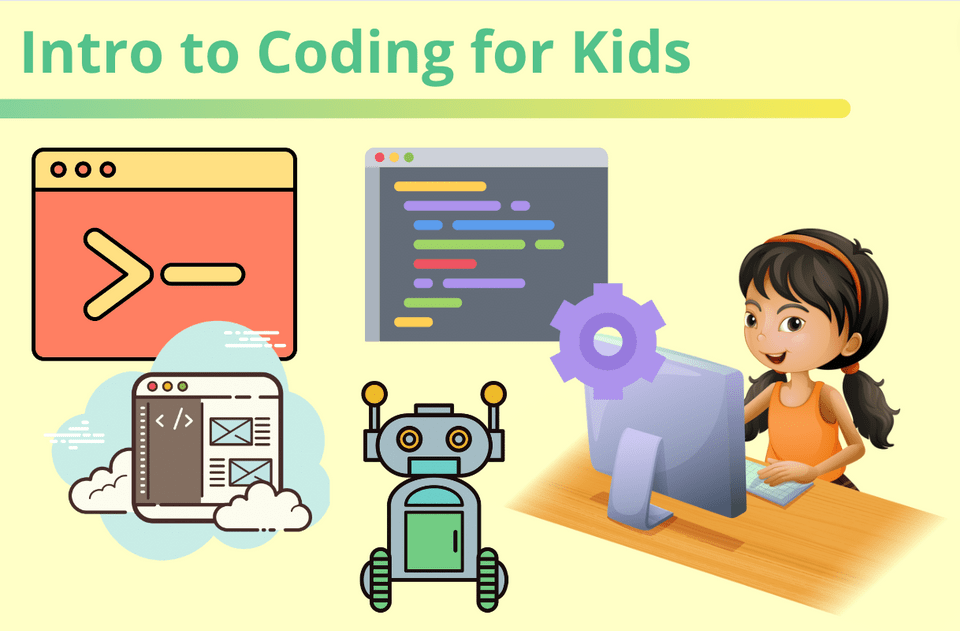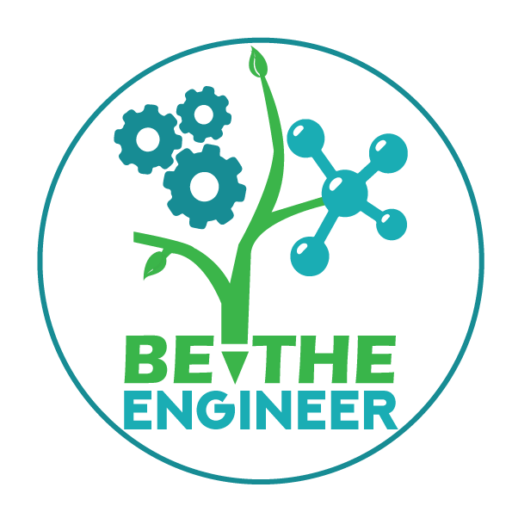Coding for Kids
Kids can learn problem-solving techniques, critical thinking skills, and logical reasoning through coding, which is a fun and powerful activity. It encourages youngsters to use technology as creators rather than merely consumers. Children learn to break down difficult problems into smaller, more manageable steps and create step-by-step solutions through coding, a skill that is beneficial in both computer science and many other areas of life.

The development of children’s computational thinking abilities is one of the major advantages of teaching them to code. Using the computing capability of a computer to solve issues efficiently requires a set of mental processes known as computational thinking. It entails issue analysis, pattern recognition, algorithm design, and logical solution creation. These are versatile abilities that can be used in a variety of fields, including language, the arts, and science.
Children who code are more creative. They get the ability to use digital projects to express their creativity and bring their ideas to life. Kids can use coding as a tool to explore their interests and put their ideas into reality, whether they’re making a game, a website, or a tale. It enables kids to try new things, fail, and try again, which fosters a growth mentality and resiliency in the face of difficulties.
Additionally, learning to code exposes children to computational logic and problem-solving. It teaches kids to assess problems critically, think creatively, and come up with creative solutions. Children gain knowledge of cause-and-effect linkages and learn how to optimize by comprehending how algorithms function.
Coding for youngsters fosters teamwork and communication skills, which is another benefit. Children can collaborate, share ideas, and learn from one another through cooperation in coding projects. They can learn to successfully express their ideas, defend their reasoning, and take in the viewpoints of others. Children gain skills that are essential in a connected and globalized society through collaboration in coding.
In conclusion, teaching kids to code is a fun and instructive activity that develops their creativity, critical thinking, and problem-solving skills.
Be the Engineer 2023
Design by Olvan Omondi.

